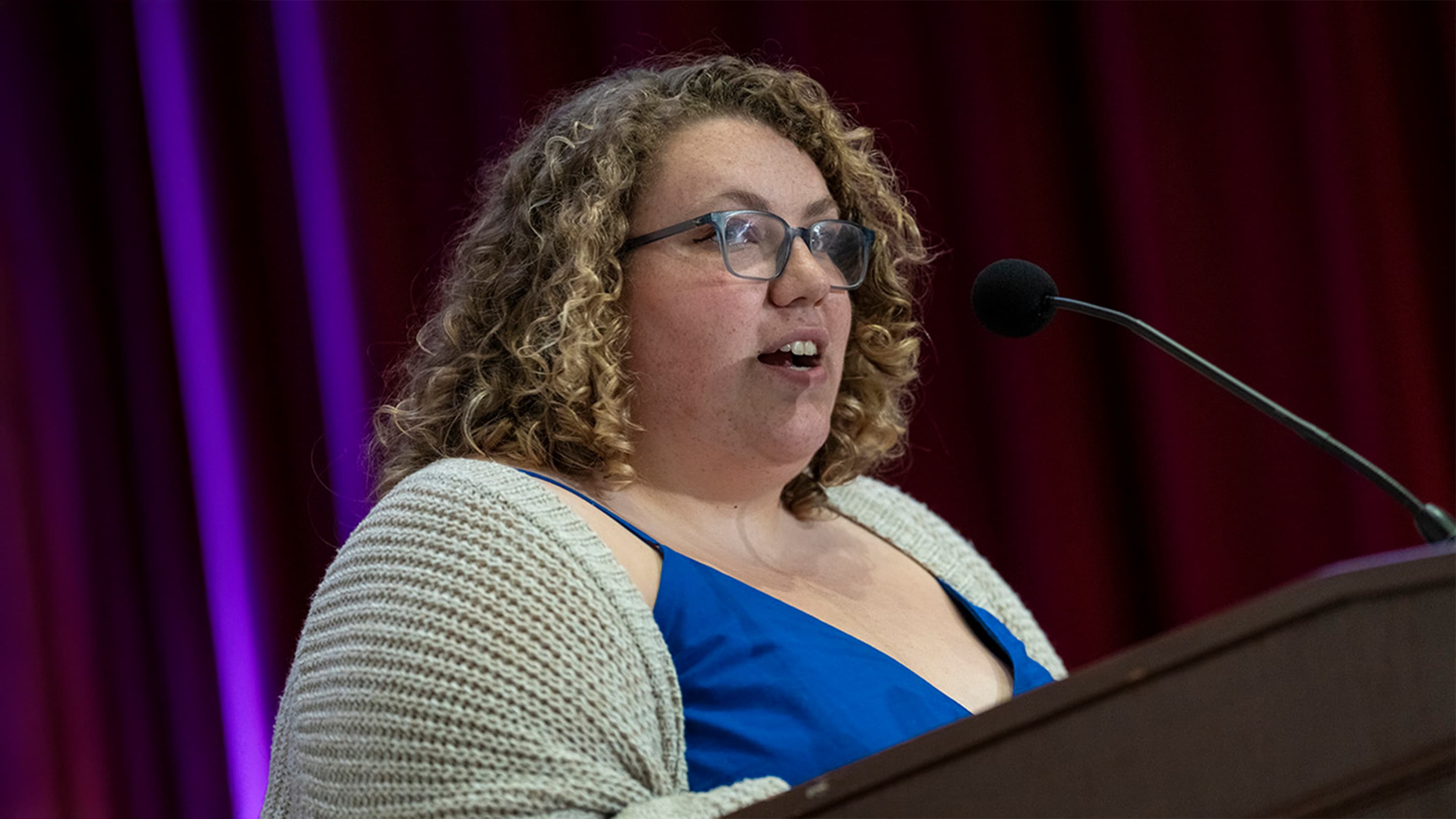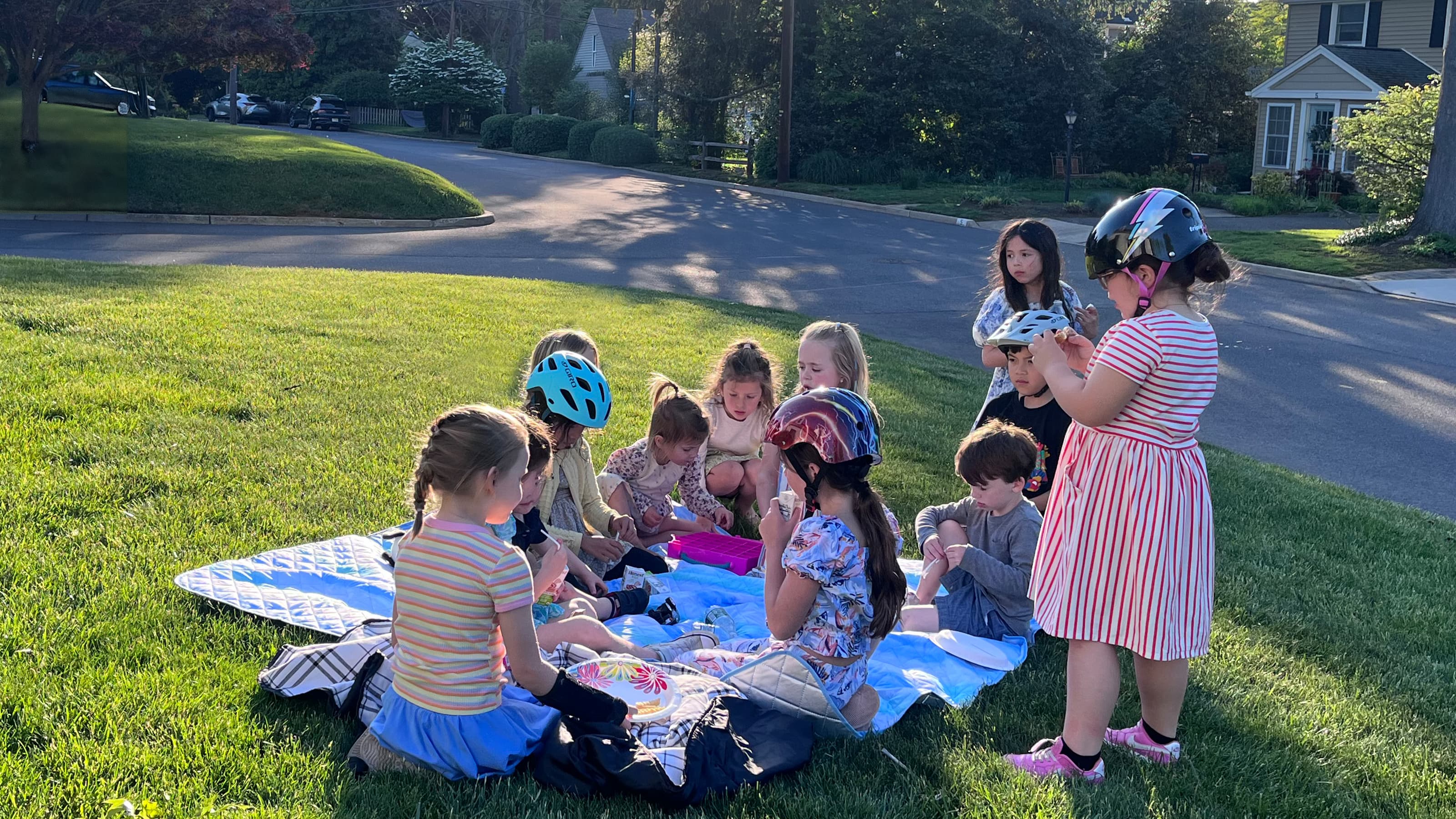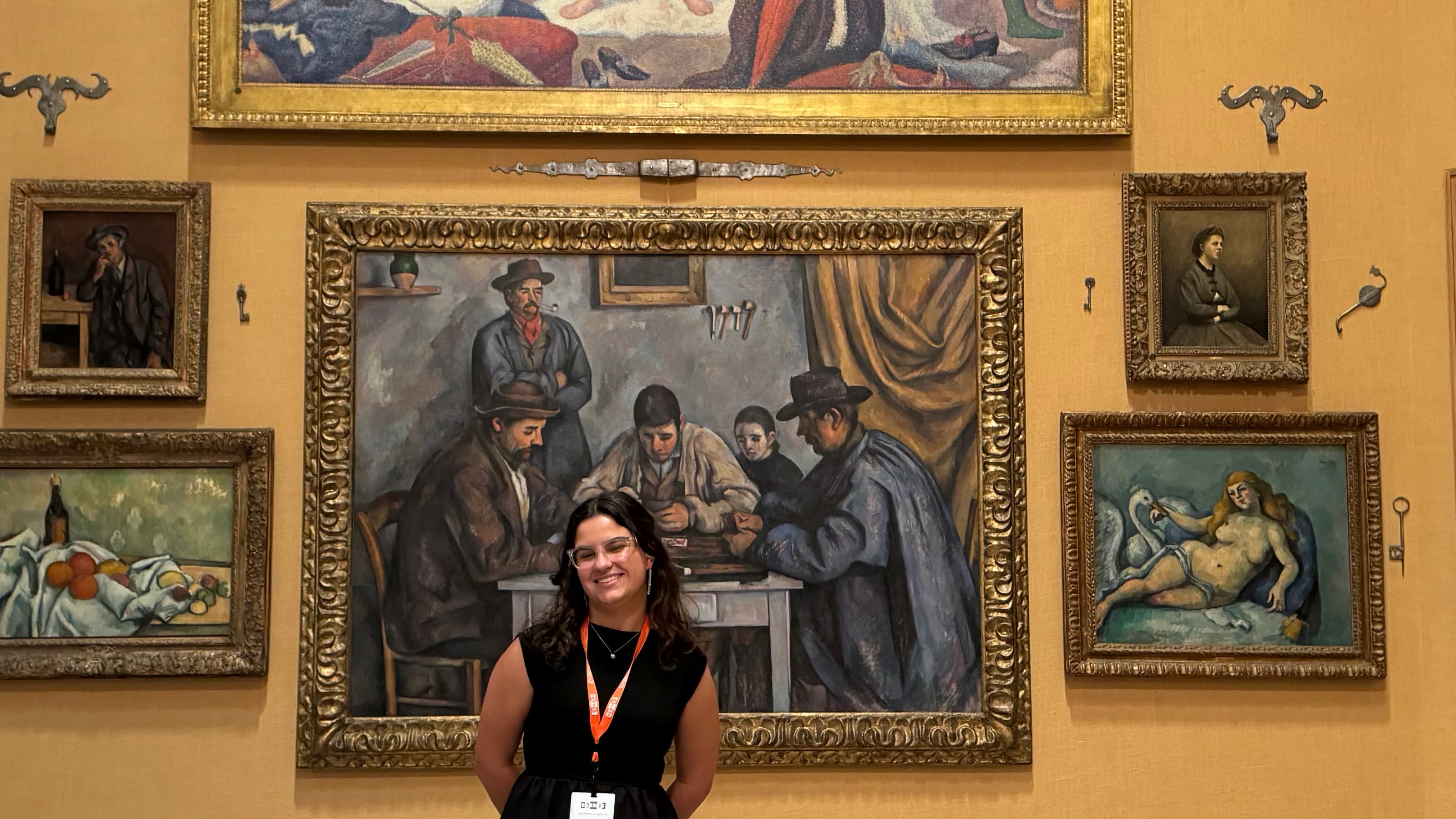In Memoir, Joseph Earl Thomas ’17 Uses Literature to Interrogate His Own Childhood
“Sink” has garnered praise across the literary establishment, raising important questions about why some stories — and their authors — struggle to be heard.
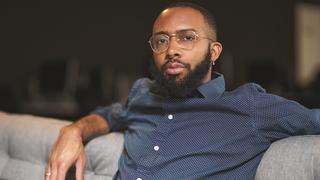 Photo Credit: Drake Masters
Photo Credit: Drake Masters
Joseph Earl Thomas ’17 took the long road to writing.
By the time he earned a master’s in writing studies at Saint Joseph’s University, he had already completed a tour in Baghdad as a medic with the Army National Guard, earned an undergraduate degree in biology and begun studying to become a physician assistant. He was on track for a career in medicine, but when the world of literature opened up to him, he poured himself into it.
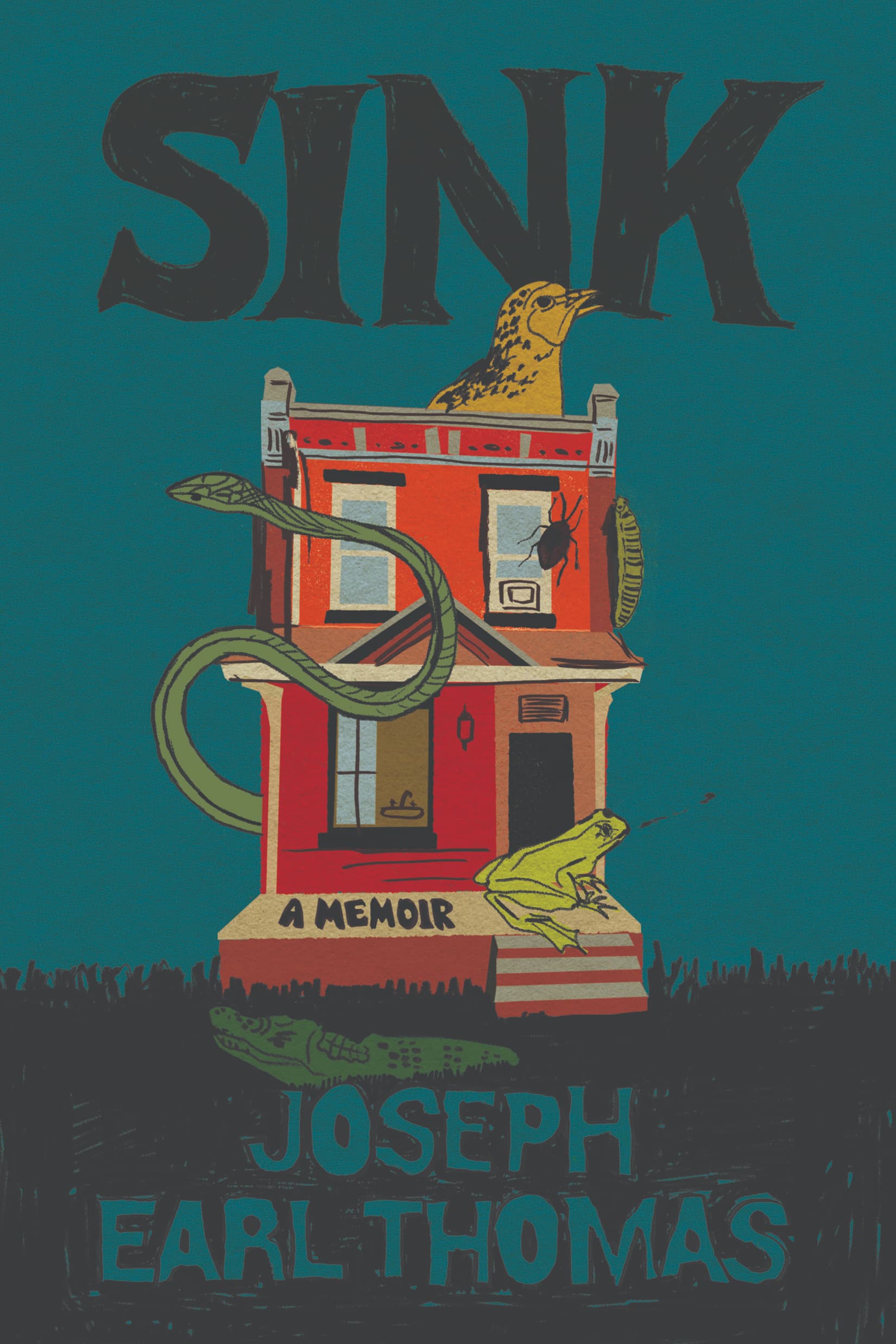
In his first book, “Sink,” a memoir published in February, he explores the role that other art forms, including video games and anime, played in helping him survive a childhood in the Frankford section of Philadelphia in which poverty, otherness and abuse were a daily presence.
“I had never had what I felt was the freedom to think about language at all, not in the more expansive way that I started to do then,” Thomas says of his time at St. Joe’s. “I was learning that with a lot of sustained effort over a long period of time I could become good at something.”
Beginning in a summer course on African-American literature with Aisha Lockridge, PhD, associate professor in the Department of Communication and Media Studies, Thomas rediscovered a love of reading and writing that has defined his life ever since. At the time, he was working at a hospital with plans for medical school. He began studying at Saint Joseph’s as a non-matriculated student, finding new forms of expression in writing, before Lockridge helped him realize his talent and commitment could support a career as an author.
Early on, Thomas came to night class in his scrubs, Lockridge says, tired from work but still eager to stay late so she could answer his countless questions and offer suggestions for his voracious reading. Each book he read was a new opportunity to explore Black studies and theory or better understand what makes good writing work.
“Everything I read intensified the need to read more or work harder to try and permanently change the station of not just myself but the folks immediately around me,” Thomas says.
In Thomas’ writing, Lockridge quickly saw some of the same qualities that have led “Sink” to garner attention from The New York Times, Washington Post, Vulture and Kirkus Review. He’s willing to talk about his personal experience while still being able to “interrogate it, break it apart and turn it into literature,” she says.
There are a whole bunch of stories we just don’t have access to because nobody’s given them the light of day — or a student a spot in class.
Aisha Lockridge, PhD
Associate Professor, Department of Communication and Media StudiesThroughout “Sink,” Thomas offers a window into the ways that art can sustain and inspire us to strive for something greater, even in the most challenging of circumstances. Told in the third person, the memoir shares the story of Joey, a young Black boy desperate to find some tenderness in the harsh world around him.
“He sometimes allowed hope to pour in from the imaginary, from anime and video games,” Thomas writes, “which did not replicate real life but speculated so astronomically about what could be that they created the only space within which he could not predict a lightless future.”
For Lockridge, Thomas’ writing — and his success — show the importance of expanding the common conception of whose story should be told.
“There are a whole bunch of stories we just don’t have access to because nobody’s given them the light of day — or a student a spot in class,” Lockridge says.
Lockridge offers Richard Wright’s “Black Boy” as a touchstone for “Sink” — another memoir about a child who doesn’t get to be a child for very long. In the way he addresses poverty without wallowing in it, she says, Thomas “is illuminating the lives of a lot of young Black kids who we never get to hear about unless they are Obama or Richard Wright.”
Jenny Spinner, PhD, who directs the SJU Writing Center where Thomas worked as a tutor, says she’s been humbled to see his success and proud to see him continuing to open the door for other writers as co-director of programs at Blue Stoop, a Philadelphia-based nonprofit aimed at creating an inclusive literary community in the city.
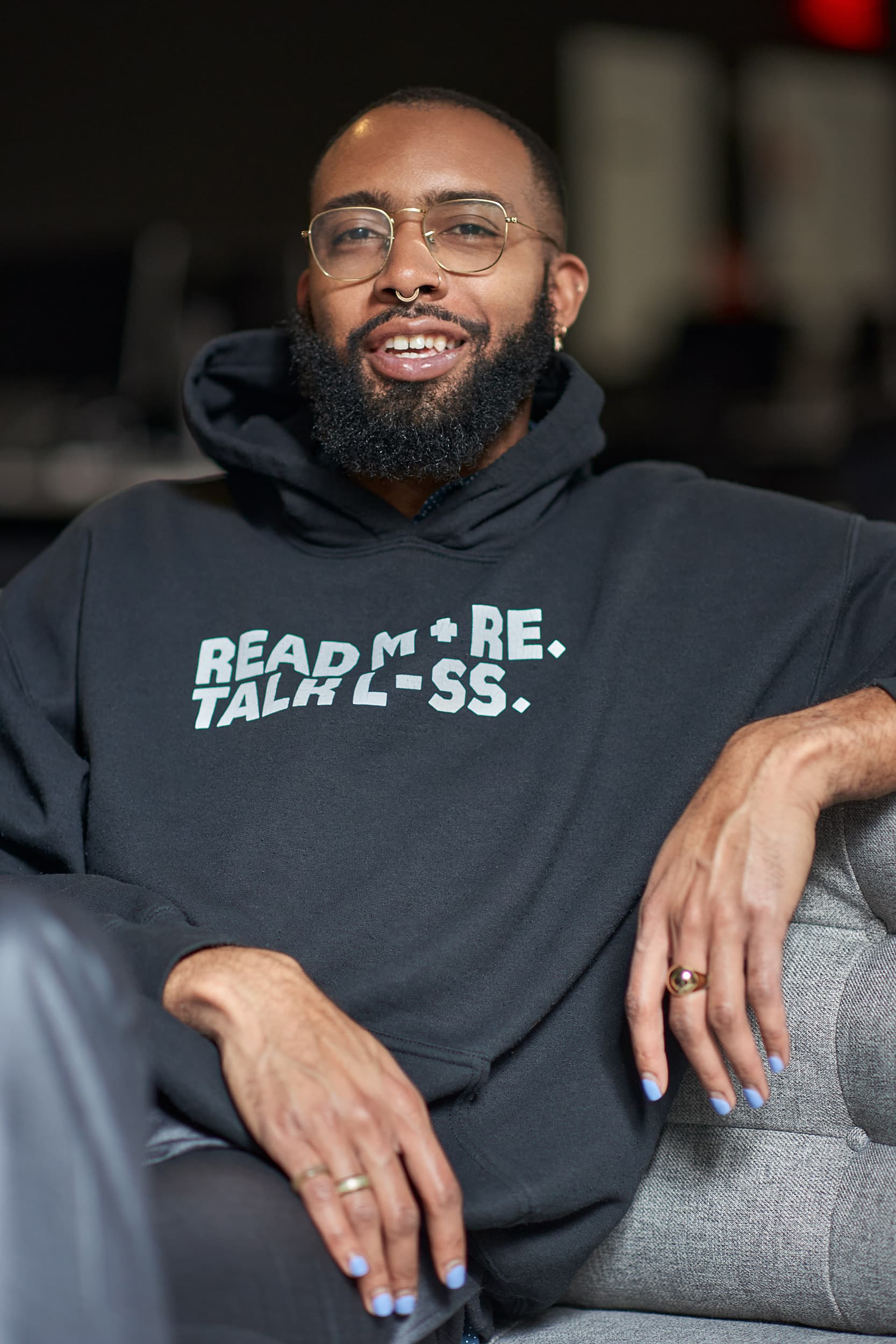 “We need stories like his,” Spinner says.
“We need stories like his,” Spinner says.
After leaving St. Joe’s, Thomas earned an MFA at the University of Notre Dame and is now a PhD candidate in English and literature at the University of Pennsylvania. As he’s pushed further into the literary and academic realms, he’s seen how uncommon it is for people like him to get a chance to explore their talent — and also how necessary it is.
“We should take more seriously the interiority of young Black kids from all backgrounds and how they feel and see the world,” Thomas says.
Even though Thomas didn’t have a typical literary pedigree when he arrived at St. Joe’s, Lockridge saw the raw materials of a writer whose work deserved to be read. His story raises an important question, she says.
“What kind of institution do we want to be?” Lockridge says. “Do we only want to foster people we know are going to be successful, or are we going to take a risk on a veteran who was the first person in his family to finish high school? I’m happy we took that risk.”

